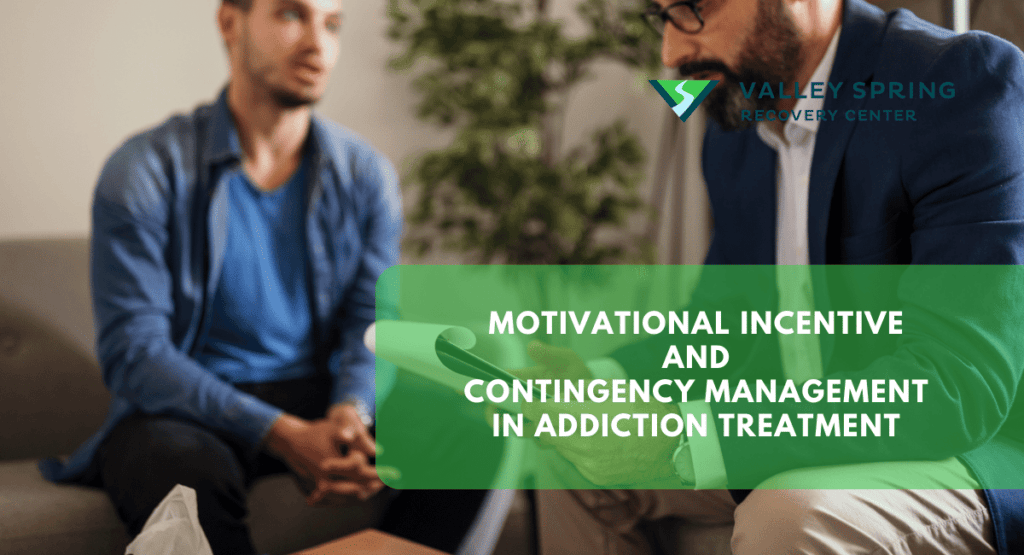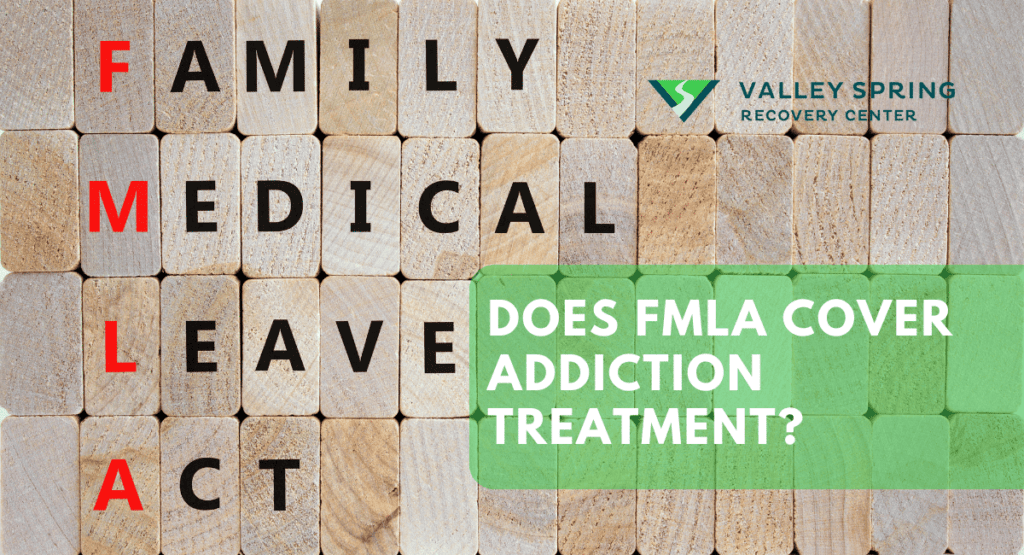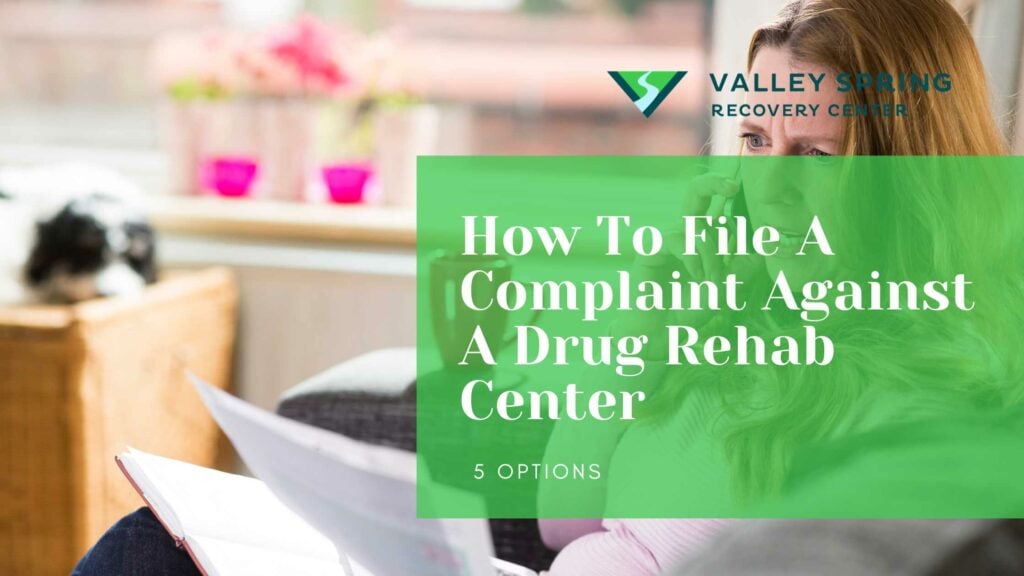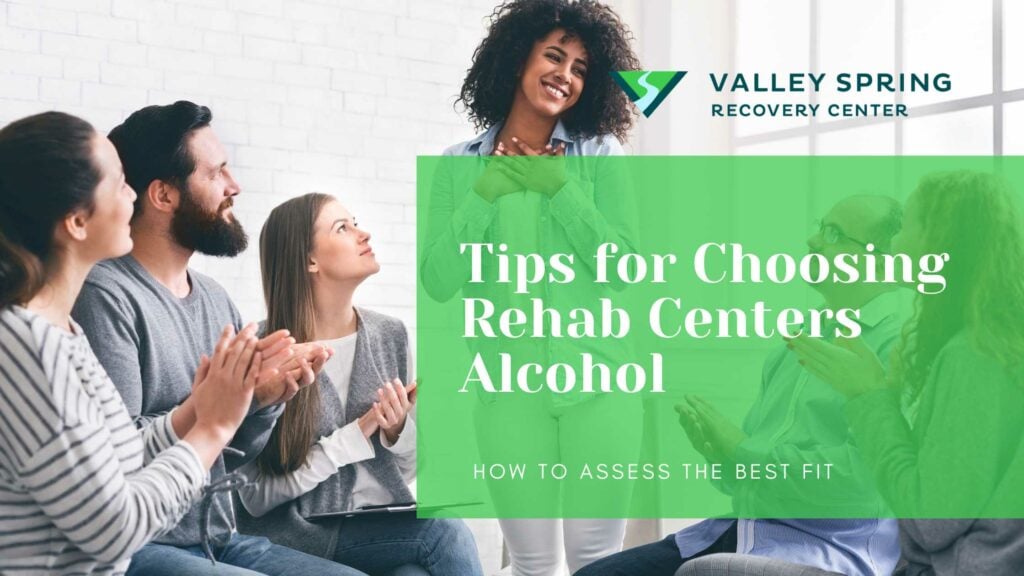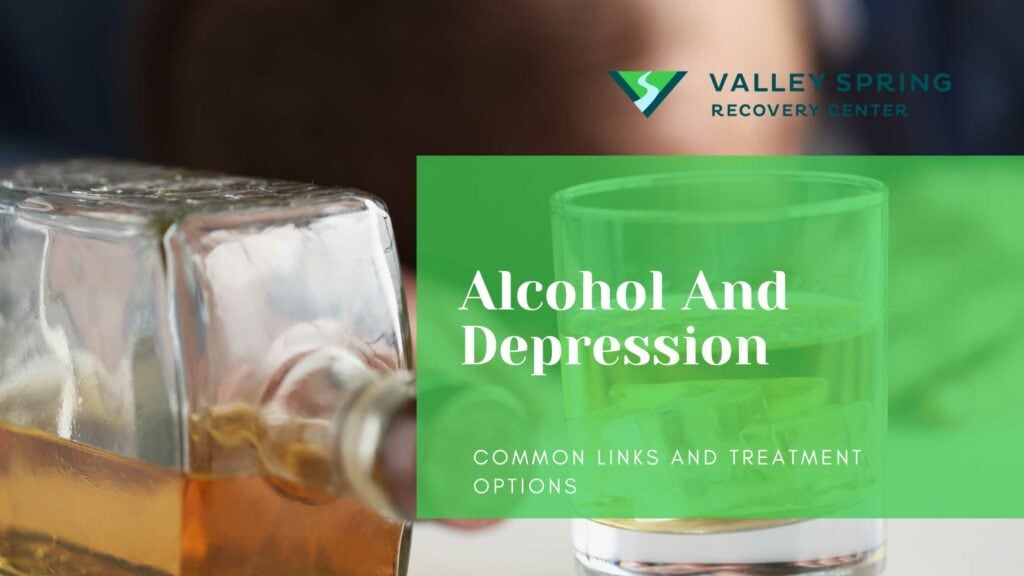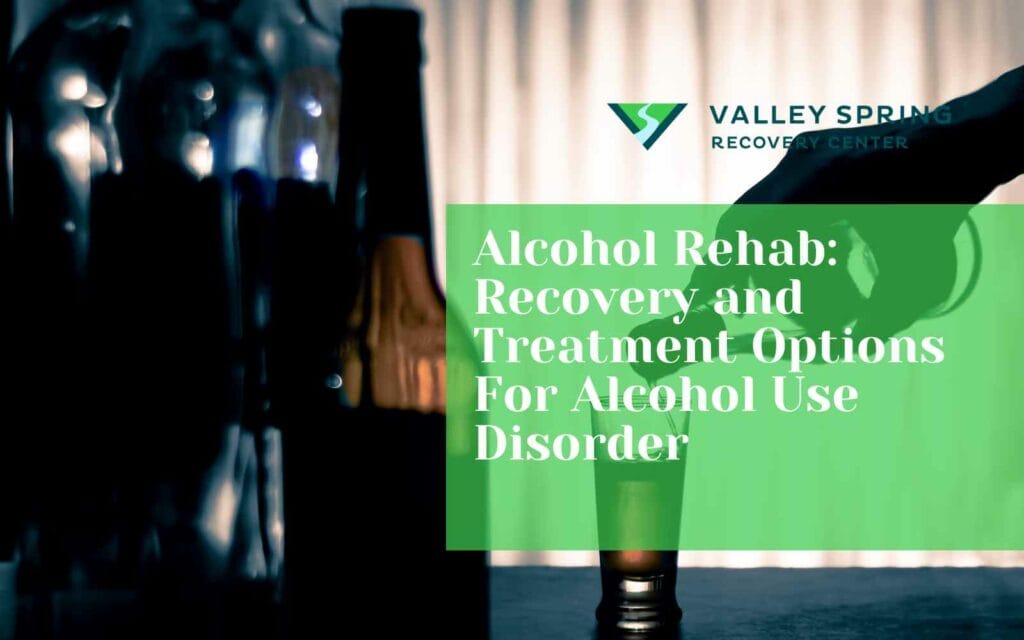Drug and alcohol addiction is a chronic disease characterized by drug seeking and use that is compulsive, or difficult to control, despite harmful consequences. It involves a complex interplay of behavioral, emotional, and physical factors, often escalating to a point where life revolves around substance use. Recognizing the signs of addiction can be challenging but is crucial for taking proactive measures.
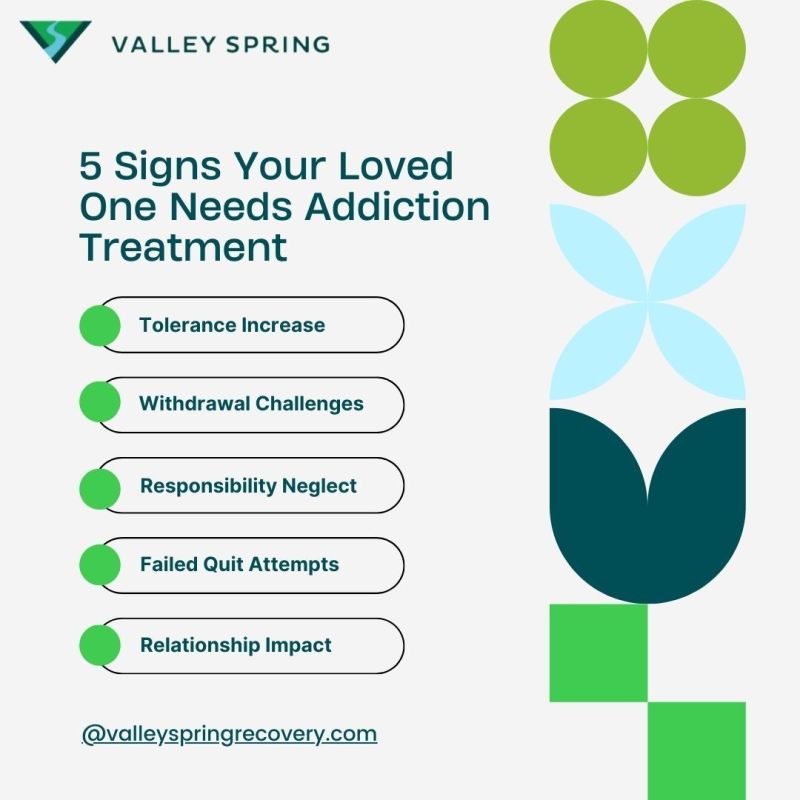
1. Tolerance Increases
Tolerance increases are one of the earliest signs of a growing addiction problem a critical point that necessitates treatment. Individuals may find the need to consume more of the substance to achieve the same effects that occurred with smaller amounts. This escalation not only puts you at risk for overdose but also indicates that your body is becoming physiologically dependent on the substance.
2. Withdrawal Challenges
Experiencing withdrawal symptoms when you try to cut back or quit is a red flag. These symptoms can range from mild irritations, like headaches and nausea, to more severe issues such as tremors, anxiety, and depression. The presence of withdrawal symptoms suggests that your body has become accustomed to the substance, and quitting without medical supervision could be dangerous.
3. Responsibility Neglect
If you notice a consistent pattern of neglecting responsibilities at work, school, or home, it’s a sign that the addiction is taking over your life. Missing deadlines, poor performance, and a lack of interest in activities that once mattered to you are indicators that the substance has become a priority over your responsibilities.
4. Failed Quit Attempts
Multiple unsuccessful attempts to quit on your own signify that you may need professional intervention. Each failed attempt can lead to a sense of hopelessness and drive you further into addiction. It’s essential to understand that addiction is a complex issue that often requires specialized treatment for successful recovery.
5. Relationship Impact
Addiction doesn’t just affect you; it impacts everyone around you. Strained relationships with family and friends, social isolation, and frequent conflicts are signs that your addiction is affecting your social life. The emotional toll this takes on your loved ones can be immense, and it often worsens as the addiction progresses.
What are the signs and Symptoms Of Drug and Alcohol Abuse That Require Treatment?
Recognizing the signs and symptoms of drug and alcohol abuse is the first critical step towards seeking appropriate treatment. These symptoms often manifest in multiple dimensions of a person’s life—physical, psychological, social, and occupational. Understanding the broad spectrum of symptoms can provide crucial insights into the severity of the problem and guide intervention strategies. Here’s a comprehensive look at these symptoms categorized in different dimensions:
Physical Symptoms
- Changes in Appetite: A significant change in appetite, either increased or decreased, could indicate substance abuse.
- Sleep Disruptions: Difficulty falling asleep, staying asleep, or even oversleeping can be symptomatic.
- Unexplained Weight Changes: Rapid weight gain or loss without a clear reason can be alarming.
- Neglected Personal Grooming: A lack of concern for personal hygiene and grooming can be a noticeable sign.
- Bloodshot Eyes and Dilated Pupils: These are often immediate signs of substance use.
- Frequent Sickness: Increased susceptibility to illnesses like colds or infections can occur.
- Impaired Coordination: Slurred speech, difficulty walking, or staggering.
Psychological Symptoms
- Mood Swings: Rapid and extreme changes in mood can indicate a substance problem.
- Irritability and Anger: Increased irritability and a short temper may be signs.
- Depression: Prolonged periods of sadness or apathy are concerning.
- Anxiety: Frequent, intense periods of anxiety can signal abuse.
- Paranoia: Unjustified mistrust of others or a heightened sense of fear.
- Memory Issues: Forgetfulness or issues with cognitive function.
Social and Relational Symptoms
- Isolation: Withdrawing from social activities or relationships that were once important.
- Interpersonal Conflicts: Increased instances of arguments or physical fights with friends or family.
- Secretive Behavior: Going to great lengths to hide the extent or effects of substance use.
- Lack of Accountability: An increasing inability to fulfill responsibilities at work, home, or school.
Occupational and Financial Symptoms
- Poor Performance: Consistent decline in work or academic performance.
- Attendance Issues: Unexplained absences or consistently arriving late to work or school.
- Financial Struggles: Unexplained financial difficulties like an inability to pay bills or constant borrowing.
High-Risk Behaviors
- Engaging in Illegal Activities: Stealing, driving under the influence, or other law-breaking behaviors.
- Risk-taking: Engaging in risky sexual behavior or usage of dirty needles.
- Accidents: Increasing incidents of accidents or near-misses.
Co-Occurring Disorders
- Eating Disorders: Anorexia, bulimia, or overeating often accompany substance abuse.
- Self-Harm: Instances of self-harm or suicidal thoughts should never be ignored.
Recognizing these symptoms in oneself or a loved one can be both alarming and enlightening. They act as red flags that should not be ignored.
What Are Co-occurring Mental Health Issues?
Mental health issues often co-exist with addiction and can either be a trigger or a result of substance abuse. Conditions like anxiety, depression, and bipolar disorder often co-occur with addiction. If you’re dealing with mental health issues alongside substance abuse, a dual-diagnosis approach may be the most effective form of treatment.
What Are The Types of Addiction Treatment?
From outpatient programs to intensive inpatient care, there are various forms of addiction treatment. The different types of addiction treatment and the right fit often depend on the severity of the addiction, the presence of co-occurring mental health disorders, and individual life circumstances. It’s essential to consult healthcare professionals for a comprehensive assessment, often involving ASAM guidelines and the DSM manual.
Alcoholism Test
Answer the following questions honestly to evaluate your relationship with alcohol:
- Do you often find it hard to stop drinking once you start?
- Have you failed to fulfill significant obligations at work, school, or home due to alcohol use?
- Do you spend a significant amount of time obtaining, using, or recovering from alcohol?
- Have you given up or reduced important social, occupational, or recreational activities because of alcohol use?
If you answered ‘yes’ to two or more questions, it’s crucial to consult a healthcare provider for a more thorough assessment.
When Is The Right Time For Addiction Treatment?
The concept of hitting “rock bottom” has been widely circulated, leading some to believe that intervention and rehab should be the last resort. However, waiting for such a dire point often leads to irreversible damage—both emotionally and physically. The sooner one recognizes the signs of addiction and takes action, the higher the likelihood of a successful recovery with fewer long-term consequences.
Early intervention offers several advantages and increases the effectiveness of treatment by addressing the issue before it fully ingrains itself in one’s lifestyle and physiology. Secondly, early-stage treatment is generally less intensive and more adaptable to individual needs, thereby causing less disruption to one’s daily life, work, and social commitments. Finally, intervening at an early stage can circumvent a host of negative outcomes, including deteriorating health, strained relationships, loss of employment, and legal complications. Hence, timely treatment isn’t just a reactive measure; it’s a proactive step toward a healthier, more fulfilling life.
Frequently Asked Questions When to Get Addiction Treatment
Is waking up with a hangover regularly a sign I need addiction treatment?
Consistently waking up with hangovers is a strong indicator that you’re drinking excessively. While occasional hangovers might not raise immediate concern, frequent occurrences can signal dependency on alcohol. Such patterns are often the first step toward a full-blown addiction, as they reflect your body’s increasing tolerance to alcohol and its corresponding side effects. If you find yourself regularly battling hangovers, it may be time to consider seeking professional advice or addiction treatment.
If I've cheated on my partner while intoxicated, do I need addiction treatment?
Infidelity doesn’t automatically indicate addiction, but if this behavior is out of character for you and occurs in conjunction with substance abuse, it’s a red flag. Substance abuse can severely impair judgment and lead to regrettable decisions like cheating on your partner. If substances are driving you to make destructive choices that you wouldn’t ordinarily make, it may be time to consider addiction treatment to address the root issue.
Does poor work performance due to substance abuse mean I need treatment?
Declining performance at work due to substance use is a major sign that you need to seek intervention. Substance abuse doesn’t only harm you physically and emotionally; it can also have severe repercussions for your career and financial stability. If you’re frequently late, missing deadlines, or delivering subpar work because of your substance use, it’s likely you need help.
Can experiencing withdrawal symptoms indicate the need for addiction treatment?
Experiencing withdrawal symptoms like irritability, nausea, fatigue, or extreme cravings when you’re not using a substance is a definite sign of dependency. These symptoms indicate that your body has grown accustomed to the substance and may struggle to function without it. If you’re experiencing withdrawal symptoms, it’s crucial to seek medical advice and likely begin a treatment program.
Does neglecting family responsibilities mean I should consider addiction treatment?
If substance use is causing you to neglect important family responsibilities or is leading to strained relationships with your loved ones, this is a serious indicator that you need help. Family is often the first to bear the brunt of someone’s addiction. The impact of neglect can lead to long-term emotional scars for everyone involved. In such cases, addiction treatment can help you rebuild your life and your relationships.
How do I differentiate between casual use and addiction?
Casual use becomes an addiction when the substance starts affecting daily activities, relationships, and responsibilities. If you find it challenging to function without the substance, or if its consumption is no longer a choice but a necessity, it indicates a shift towards addiction.
Can physical symptoms indicate a need for rehab?
Absolutely. Physical symptoms like sudden weight loss or gain, bloodshot eyes, frequent nosebleeds, changes in appetite, and unusual sleep patterns can signal a drug or alcohol problem that requires professional intervention.
Does my emotional well-being hint at a substance abuse issue?
Yes. Emotional indicators such as heightened paranoia, anxiety, irritability, mood swings, and depression can often be signs of underlying drug or alcohol dependency that may necessitate rehab.
How do relationship troubles relate to a need for rehab?
If substance use is causing repeated conflicts with loved ones, leading to isolation or disruptive behaviors in social settings, it might be a sign of a deeper addiction issue requiring treatment.
Can financial issues be a signal for a potential drug problem?
Consistent financial troubles, like spending beyond one’s means on substances, neglecting bills, or borrowing money frequently, can indicate a substance abuse problem that may benefit from rehab.
Do repeated failed attempts to quit suggest a need for professional help?
Yes. If you’ve tried to quit multiple times without success or experienced severe withdrawal symptoms in the process, it suggests a dependency level that professional rehab might best address.
Can job or academic performance be affected by substance use?
Certainly. Consistent tardiness, absenteeism, decreased productivity, or disciplinary actions at work or school due to substance use are strong indicators of a problem that might require rehab.
Does a growing tolerance to a substance mean I need rehab?
An increasing tolerance, meaning needing more of the substance to achieve the same effects, is a clear sign of developing dependency, indicating that rehab might be beneficial.
If I have legal issues related to substance use, should I consider rehab?
Legal troubles like DUIs, public intoxication, or possession charges directly linked to substance use are unmistakable signs of its negative impact on your life, suggesting that rehab might be necessary. Drug and alcohol rehab may also help with pending legal charges depending on the severity of the charges, your judge and your attorney.
How do frequent memory blackouts relate to a need for rehab?
Regular memory blackouts or lapses after substance use indicate excessive consumption and can be a sign that the level of use is unsafe. This is a clear warning sign that professional treatment may be beneficial.
When Should You Seek Professional Help?
If your self-assessment or observations about a loved one point towards a problem, it’s time to seek professional help. Signs like increasing substance tolerance, experiencing withdrawal symptoms, or failing multiple attempts to quit on your own are strong indicators for needing professional treatment.
How Can You Tell if Someone Needs Addiction Treatment?
For those worried about someone, signs like isolation, dramatic mood swings, and neglecting responsibilities are indicators that your loved one may be struggling with addiction.
Final Thoughts On Knowing If You Need Addiction Treatment
Understanding whether you or a loved one needs professional help for addiction can be a complex process. But acknowledging the issue is the first step towards a healthier future. If you find that you or someone you care about is exhibiting symptoms of addiction, especially after taking the alcoholism test, consider reaching out to healthcare providers for a comprehensive evaluation. At Valley Spring Recovery Center, we offer a range of addiction treatment options tailored to your unique needs. Don’t wait; take control of your life today.
Ben Fisher
All author postsShare This Post


